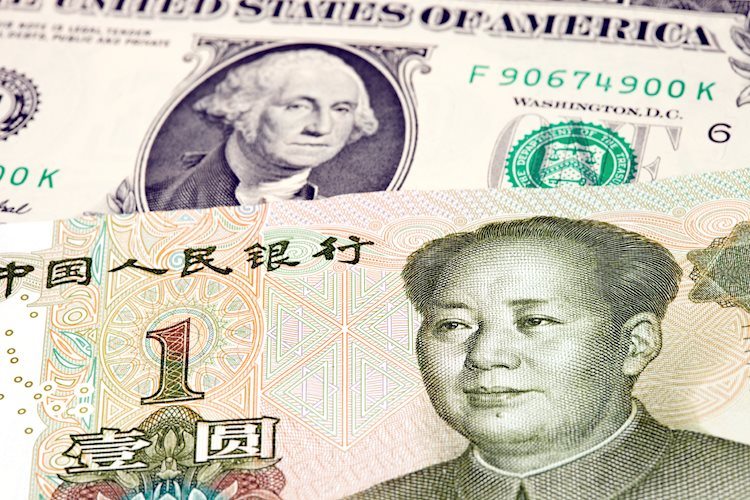By Stefano Rebaudo
(Reuters) -The dollar struggled for direction on Wednesday while the euro remained close to its recent lows on concerns that a new government in France could weaken fiscal discipline, increasing the debt risk premium across the euro area.
Meanwhile sterling rose after data showed British service inflation was stronger than expected.
U.S. markets are closed on Wednesday, which is likely to result in muted trading throughout the day.
The greenback dropped overnight as U.S. retail sales suggested that economic activity remained lacklustre and the Federal Reserve will cut rates sooner.
The euro was last 0.1% higher at $1.0753; it hit on Friday a 1-1/2-month low at $1.07.
The yield gap between French and German government debt, which is now seen as a gauge of risks of a budget crisis at the heart of Europe, eased slightly since Monday but remained close to its seven-year highs hit last week.
Analysts flagged that the single currency was far from pricing any serious threat to the financial stability of the euro area bloc.
“The very limited move in forex in contrast to the OAT (French government bond yield) spread move does underline the fact that the reaction is more about a reappraisal of fixed income risks,” said Derek Halpenny, head of research global markets at MUFG.
National Rally’s (NR) leader, Marine Le Pen, said she sought cohabitation with President Emmanuel Macron and would be respectful of institutions, triggering expectations that NR could backtrack on fiscally expensive pledges if it should win the elections in early July.
The European Central Bank could also buy French bonds to avoid “unwarranted and disorderly” yield spread widening. Still, ECB chief economist Philip Lane said recent market turmoil was “not disorderly”.
The European Commission on Wednesday proposed widely expected disciplinary steps against France, Italy and five other European Union countries over running excessive budget deficits.
The was flat at 105.27.
Markets are now pricing in an around 65% chance the Fed will begin easing rates in September, according to the CME FedWatch tool, with nearly 50 basis points worth of cuts expected this year.
Sterling rose 0.10% against the euro to 84.41 pence per euro and 0.20% against the dollar to $1.2732 after British data showed underlying price pressures remained strong.
“What matters now is how much stock the Monetary Policy Committee puts on the spot – and arguably backward-looking – data,” said said Sanjay Raja, chief U.K. economist at Deutsche Bank Research, recalling that survey figures have been “more encouraging.”
Markets priced an around 25% chance of a Bank of England rate cut in August, down from 50% before data, and 44 basis points of monetary easing in 2024, down from almost half percentage point before figures.
The BoE holds its policy meeting on Thursday.
The Swiss Franc hit a seven-month high against the euro at 0.9475, and was last down 0.1% at 0.9503.
The single currency has weakened constantly against the Swiss currency since the end of May when it hit 0.9930 per franc, its highest since April 2023.
“Some observers see this as a renewed threat of intervention or as an implicit put that (Swiss National Bank Chairman Thomas) Jordan is offering to all market participants who hold long Swiss Franc positions, especially against the euro,” said Ulrich Leuchtmann head of forex strategy at Commerzbank (ETR:), recalling a speech by Jordan at the end of May.
Jordan argued that inflation risks would likely be associated with a weaker Swiss franc, which the SNB “could counteract by selling foreign exchange.”
BofA expects the SNB to deliver its second 25 bps cut next week and to state a willingness “to be active in the foreign exchange market as necessary”.
The Australian dollar rose 0.04% to 0.667 against the U.S. currency, also helped by a hawkish message from Reserve Bank of Australia Governor Michele Bullock after the central bank’s rate decision on Tuesday.
The yen was little changed at 157.93 per dollar, as it continues to be pressured by stark interest rate differentials between Japan and the U.S., in particular.
Analysts said Bank of Japan monetary tightening was on the horizon, but the BOJ would take a slow approach.












